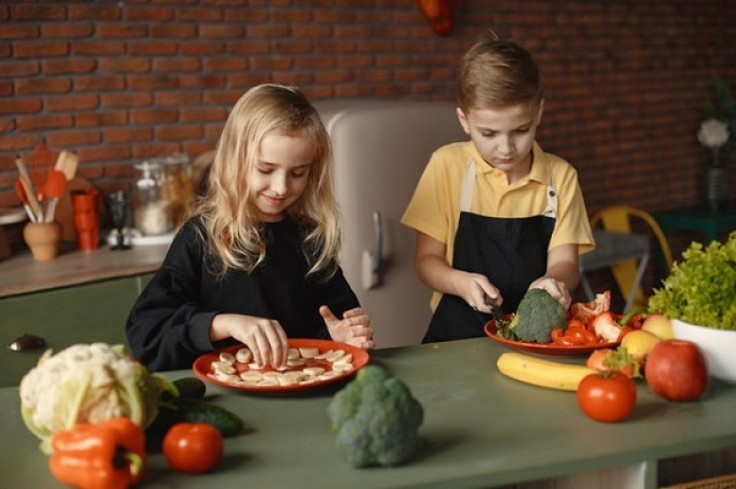One of the most important questions we ask parents of multiple kids: "Who among your kids do you love most?" This question is also one of the hardest for parents to answer. Even though most parents would not admit it, more often than not, they cannot avoid playing favoritism.

Children are very sensitive to their parent's actions and attitudes. They can feel whether they are the most loved, or the least. As a parent, you should guard your children against developing feelings of being uncared for and unloved.
However, no matter how much parents try to prevent playing favorites, they still tend to do it unconsciously. More often, it is easier to see if other parents have favoritism among their children, but rarely do they notice their actions.
Website TheMomiverse shares these 6 ways that could help to avoid playing favoritism:
Do not compare.
"Why don't you be like your older sibling?"
"Be like your brother, who gets high grades."
When parents compare siblings, one child tend to habor ill-feeling against the other, who "does well" in the eyes of their parents. In the end, they would instead stop trying to become better because they feel like they could not be at par with the "perfect child". When they do try but end up short, they could feel they are incapable and could only rank second in the family.
Do not set competitions.
"First one to finish his homework gets more toys to play with."
This strategy may temporarily speed up your kids, but the competition would be developed between the siblings. The message delivered to your children shows that the child who wins the competition gets more love and approval from the parents. To adults, it is just a game, but to the kids, it sends confusion that the first will gain their parent's esteem first as well.

Do not act as a judge - ever.
Kids love asking their parents, "Who did it better?" They love hearing that they did better than the other as well.
By giving an objective answer, you are thinking that you are being an observer, but it is not the case for the child "who was not chosen". To him, you already took sides from a biased point of view. Tell your kids instead that it does not matter who did better, but what matters is that they encourage one another to improve on personal bests.
Do not set their siblings as an example.
Sometimes, parents unconsciously say, "Be a good role model to your younger brother."
Asking a child to change for the betterment of the other sibling can make them grow feelings of bitterness and resentment towards the younger ones. They would feel that you care about the younger sibling more than you do for him. Instead, try to correct the younger sibling and try not to connect it with the other siblings.
Do not accommodate the lowest denominator.
"Turn the lights off, your baby sister is sleeping."
This approach does not harm the older sibling. However, sometimes it delivers a message to them, saying that you value the younger sibling more than you do them. Instead, it would be better to say, "Let's go play outside while your sister is sleeping". This approach will tell your child that you are concerned about his needs and wants too.
Do not take sides in a fight.
Taking sides is one of the biggest turnoffs when it comes to favoritism. When you take a side during kids' fights, it bluntly shows you have favorites. Parents would typically want to stop conflicts between children. However, most of the time, what happens is that one becomes the aggressor, being on the wrong side, while the other is the victim. In the end, the aggressor gets punished.

However, to avoid playing favorites, you should adopt the rule: "Two do the crime. Two do time." It means that both the children involved should suffer consequences due to fighting. If they are fighting over a piece of toy and does not want to share, both of them should not be allowed to play with the toy.
The best way to avoid having favoritism is by being aware of how your treat every child. Do your best to be fair to them. Be conscious of your actions, and always remember that your children will look to you for guidance while they are growing up.